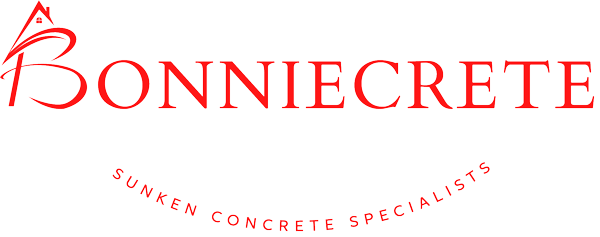Be Prepared. Know What To Look For!
Even a monkey can paint.
Just one of many naïve and derogatory slights I’ve endured over many years serving as a red seal certified journeyman painter. This one uttered from the carpenter on my job, who, professes to do it all…except paint. The truth is, the path to a successful paint job in terms of adhesion, aesthetics, wearability, and cost, is a complete mystery to most non- painter types, and the people I hear these things from usually couldn’t tell the difference between a good paint job and a bad one.
Ultimately, the true “cost to the homeowner” of any given house painting project is the culmination of those 4 things . If Joe pays 20% less than Stan for his side of the duplex but Stan’s looks better and lasts 10 years longer, who pays more?
Be ready for your quote and look for these things:
- Proper surface preparation- Be sure that dirt, grease and foreign matter is being removed prior to painting. Most surfaces should be sanded.
- Proper priming- Not all surfaces require priming but when they do this a step not to be skipped.
- Familiarize yourself with the materials that are being offered with your quote. Some quotes include cheap or inadequate materials including primers and finishes that wont last.
- You can help keep cost down by planning ahead and knowing EVERYTHING you want to have painted BEFORE your painter starts. This will allow him to work in the most efficient manner. It is SO common to have extra things thrown in all along the course of your painting project, often in the wrong natural order for finishing.
For example: Jane wants to save money on her paint job so she decides to skip painting the ceilings. After the walls look clean and fresh suddenly the ceilings look dingier than before. She decides now that the ceilings should be painted.
Its also good to know if you have oil- based paint on any of the surfaces. Oil- based paints have only been banned for most residential purposes for a decade or so but was widely used for its scrubbable overall durability well into the new millennium. It is most commonly found on trim, doors and in kitchens and bathrooms where exceptional moisture resistance or abrasion resistance is desired. Oil- based finishes often feel smoother and harder than acrylics and most acrylic latexes will not bond well with alkyds or other oils. Some latex products will adhere to well sanded oil- based products, but its always better to prime first for maximum adhesion. Rub some rubbing alcohol on an inconspicuous area. If it comes off with relative ease it is latex.
The obvious danger here is the possibility of paying someone to essentially make your paint-job worse. It happens every day and its a costly nuisance to correct properly so you could end up paying twice. With your careful advanced planning you can easily prevent minor disasters caused by inexperienced or under-priced quotes or if you hire the wrong monkey!

